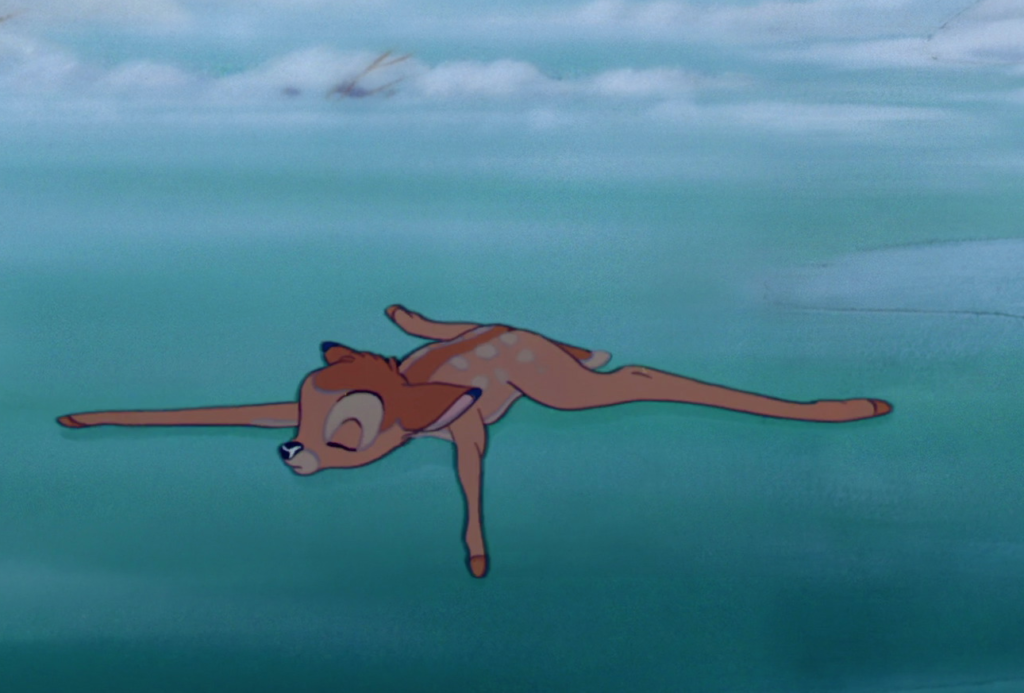Bambi on ice? No – just a mini growth spurt!
‘What are they doing?
‘They look like Bambi on ice.’
‘I don’t understand; they could do that a few weeks ago.’
‘Why are we bothering? It looks like they have never played sports at all.’
These are just some of the comments that I have heard on the sidelines of training sessions and matches over the last few years. Do you know what? At some point in time, both in their early years of growth and during puberty, all parents and coaches will have noticed physical and mental changes in the players that they are involved with.
Puberty is the most documented growth and development spurt, but prior to puberty, children will experience many mini-growth spurts. If your child grows a few centimeters very quickly, you will undoubtedly watch them struggle to find their feet, so to speak.
Other Ways Puberty Will Affect Your Athlete
They will look uncoordinated; they may trip over the ball, and the skill they could do easily only a few weeks ago looks a distant memory. They may have lost some speed, and their changes of direction suddenly look more like the QE2 turning.
There is no need to panic; they have probably just grown.
It will often take them a few weeks to retrain their brains and bodies to coordinate the movements once again to the height that they are now working from. It will soon come back together for them, and it is important during this stage that both parents and coaches back off and do not criticize them too much.
It can be difficult to watch as a parent, but patience and bags of encouragement and understanding are really important, no matter how frustrated you may be feeling.
9 Signs Your Child Has Sports Burnout
Going through puberty which can generally last for two to five years, will have a much more significant impact on the development and performance of your child. It will be a long and bumpy ride, and where possible, it needs to be managed as effectively as possible.
Advice for parents:
- Do not panic if your child suddenly looks clumsy
- Do not start constantly yelling at them at this stage, no matter how frustrated you may be feeling
- Speak to the coach- make sure they are aware of the situation.
- Seek advice on the amount of training during puberty to help prevent overuse injuries
- Be patient. They will find their footing again.
Most girls will start puberty between 8-13 (average age around 12) and have their major growth spurt between 10-14.
Most boys will start puberty between 10-13 and continue to grow until around 16-17 years of age.
During these periods, you will notice an increase in body size, hormones, and muscle strength and a temporary decline in balance, skills, and body control. In fact, they may well just appear as clumsy.
This is just a temporary phase in your child’s development, with temporary being the keyword.
Your child’s coach should be aware of these stages, and once again, it is vital that both parents and coaches remain positive and encouraging.
The more parents and coaches can understand and recognize this, the better the environment you will be able to create for your children playing.
CEO Gordon Maclelland of ‘Working with Parents in Sport.
Check out more of their work at www.parentsinsport.co.uk
They can also be found on Facebook(@wwpis) and on Twitter(@_wwpis)
